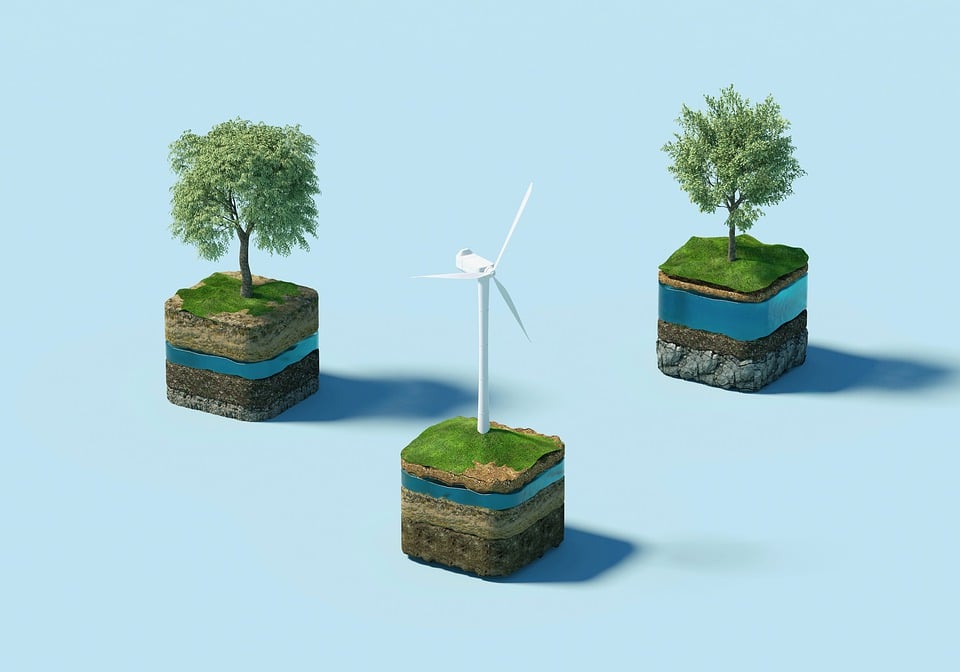What lifestyle factors effect ecological footprint?
There are several lifestyle factors that can have an impact on an individual’s ecological footprint. Some of these factors include:
- How you get around: Your ecological footprint can be greatly affected by the mode of transportation you choose. The environmental impact of driving a car, especially a large one, is usually greater than that of taking public transportation, riding a bike, or walking.
- Nutrition: The food you eat can have an effect on the environment. Beef and lamb account for a disproportionately large portion of the meat consumed in Western diets, and this results in a larger ecological footprint than a plant-based diet.
- The amount of energy you use at home and in your personal life can also have an effect on the environment. One way to lessen one’s impact on the environment is to switch to more energy-efficient appliances and lights and cut back on overall energy use.
- One more factor that can affect your environmental imprint is the quantity of goods and services you buy. You can lessen your impact on the environment by opting to purchase goods made in your area and decreasing your overall consumption of goods and services.
- Your ecological footprint may also be affected by the quantity of trash you produce. You can lessen your impact on the environment by recycling more and reducing the amount of trash you throw away.
What is ecological footprint?
An ecological footprint is a measure of the impact that an individual or a population has on the environment. It is calculated by adding up the amount of land and water required to produce the food, goods, and services that a person consumes, as well as to absorb the waste that they generate. The total area required to support these activities is known as the ecological footprint.
Using one’s ecological footprint, one can learn how one’s way of life affects the planet. One who eats a lot of meat and drives a large car, for instance, will have a larger ecological footprint than someone who prefers a plant-based diet and commutes by public transit.
Because the Earth’s resources are finite and the demand for them is rising in tandem with the population, it is crucial that we comprehend and work to lessen our impact on the environment. Taking steps to lessen our environmental impact will ensure that future generations have a cleaner, safer world in which to live.




